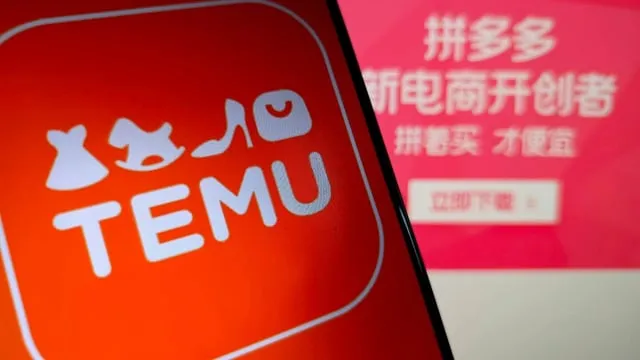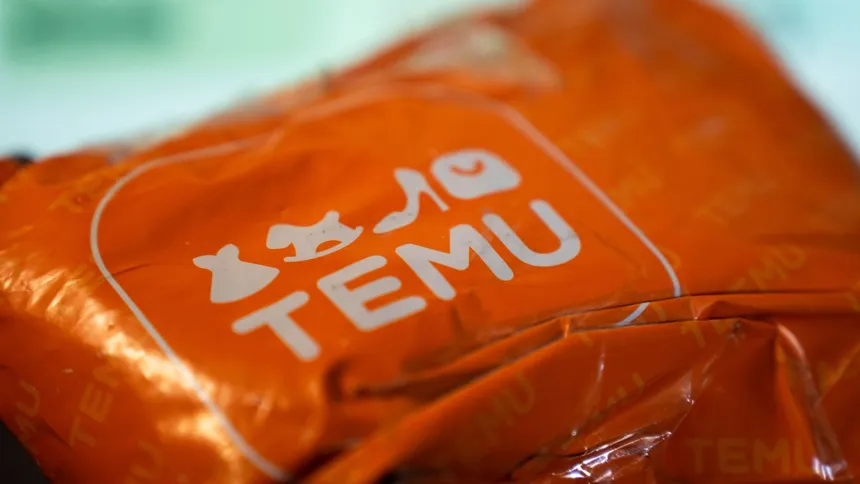Shein, an online fast-fashion giant, has filed a lawsuit against competitor Temu, accusing the latter of stealing its designs, copying its product images, and engaging in fraudulent business practices. The complaint was filed in a Washington federal court and alleges that Temu has subsidized its low prices by encouraging sellers to offer counterfeit items, stolen designs, and substandard products.
The allegations come at a time when Shein itself is facing lawsuits from brands and designers who claim that the company has stolen their designs and sold copycat items on its website. When asked for comment, a Temu spokesperson responded by saying that Shein’s accusations are “unbelievable” and that the company has a pattern of committing the same misconduct it is accusing Temu of.
The new lawsuit represents an escalation of the ongoing feud between the two companies, which have sued each other in US courts before. Temu had previously accused Shein of compelling clothing manufacturers to submit to unfair supply chain arrangements and of engaging in deceptive business practices. Shein had responded by accusing Temu of creating impostor accounts on social media and of directing customers to its own website.
The companies dropped those lawsuits in October, but Temu sued Shein again in December, accusing the company of employing “mafia-style intimidation” of suppliers to hinder its growth in the US. The new lawsuit filed by Shein alleges that at least one Temu employee stole trade secrets from the company, including information on best-selling products and internal pricing.

Shein sues Temu over copyright infringements as the feud between firms heats up (Image via Getty)
In addition, Shein claims that Temu has falsely presented itself as the company through impersonator accounts and has engaged in similar practices through sponsored Google ads. Temu has been growing in popularity in the US, and Shein is seeking an injunction to prevent the company from engaging in these alleged fraudulent activities.
The lawsuit also alleges that Temu has failed to address counterfeiting issues on its platform and has allowed sellers to offer identical products with slight modifications to avoid detection. Shein is seeking damages and other relief, as well as an order requiring Temu to take steps to prevent future copyright infringement and other types of fraud.
The rivalry between Shein and Temu has reached a new level of intensity, with both companies accusing each other of engaging in fraudulent and deceptive business practices. As the fast-fashion industry continues to grow and evolve, it remains to be seen how these allegations will impact the companies involved. For now, it appears that the battle for market share and customer loyalty will be fought through court battles and accusations of misconduct.


























